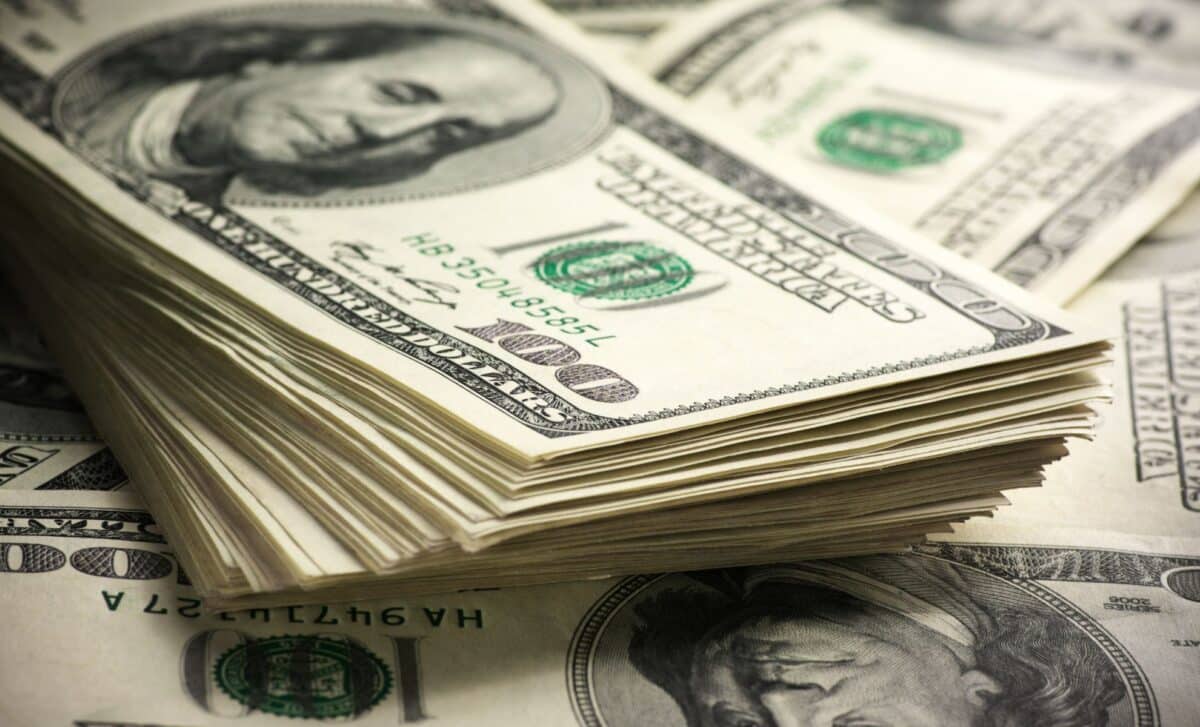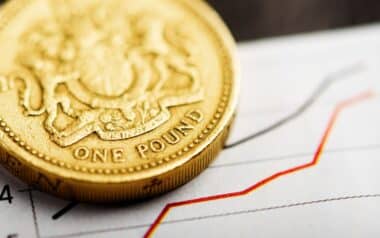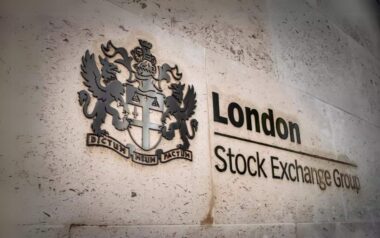The U.S. Dollar rose while investors toned down their expectations for a rate cut by the Federal Reserve in March, driven by persistent inflationary pressures affecting the yen and pound.
Euro Falters Amidst Rate-Cut Expectations
In contrast to most major global currencies, the U.S. dollar index, measuring the USD against a basket of currencies, surged to a one-month high, climbing 0.47% to reach 103.13. This increase of 0.2% occurred during a quiet trading session on Monday, coinciding with a national holiday break.
In contrast, the euro experienced a 0.54% decline, reaching $1.0892, marking its steepest one-day percentage decrease in two weeks. Comments from officials at the European Central Bank (ECB), which tempered expectations of early rate cuts, overshadowed discussions on international borrowing costs.
Joachim Nagel, a member of the European Central Bank, along with a colleague, emphasized that it was premature to discuss rate cuts, and cautioned against relying on a decrease in borrowing costs within the current year.
In this context, the head of currency strategy at Saxo in Singapore, remarked: “The hawkish ECB commentaries last night have fueled concerns that market pricing for the Fed rate path may also be aggressive.”
U.S. bond yields also saw an increase on Tuesday following Monday’s holiday, with the ten-year yield rising by six basis points to reach 4.004%, bolstering the U.S. dollar.
Jane Foley, Head Strategist at Rabobank, noted that the euro’s decline is influenced by the German economy’s contraction, which saw a 0.3% decline in the previous year. “With budget cuts coming, it doesn’t look good for the German economy in terms of growth for the year ahead,” she stated.
On Tuesday, data from the European Central Bank revealed a sharp decline in consumer expectations regarding euro-area inflation 3 years from now, dropping from 2.5% to 2.2% based on a November poll.
Sterling, Yen, and Australian Dollar Amidst the Storm
Sterling depreciated by 0.53% to $1.266 after data revealed a sharp slowdown in British wage growth over the three-month period starting from November, reinforcing the notion that the Bank of England may implement substantial rate cuts this year.
The U.S. Dollar outperformed the Japanese Yen by 0.49%, reaching 146.52 yen per dollar. The yen declined after figures have shown that the Japanese wholesale price index remained flat in December of last year, marking the twelfth consecutive month of slowing change.
The Australian Dollar (AUD), which typically declines when investors are risk-averse, decreased by 0.71% to reach $0.6613.
Escalating Red Sea Crisis and Trump’s Political Influence
Investors were anticipating remarks later on Tuesday from Christopher Waller, a member of the Federal Reserve, whose conciliatory statements in late November played a significant role in igniting a robust year-end market rally.
According to the CME FedWatch Tool, market estimates indicate a 66% likelihood of a 25-basis-point rate cut by the Fed in March, in contrast to 77% the previous day and 63% the previous week. Traders are awaiting 166 basis points this year.
Escalating Red Sea Crisis and Trump’s Political Influence
Additionally, a significant number of investors are closely monitoring developments in the Red Sea crisis. An official from the Houthi movement confirmed on Monday the group’s intentions to broaden its targets in the region, including U.S. ships, and to continue its attacks in response to British and American strikes in Yemen.
Furthermore, on Monday, Donald Trump secured a remarkable victory in the first presidential party contest, solidifying his influence within the Republican Party. This could weigh on the euro, already “on the margin” as investors start thinking about what an isolated America under Trump’s potential presidency might represent for the future of Europe.









